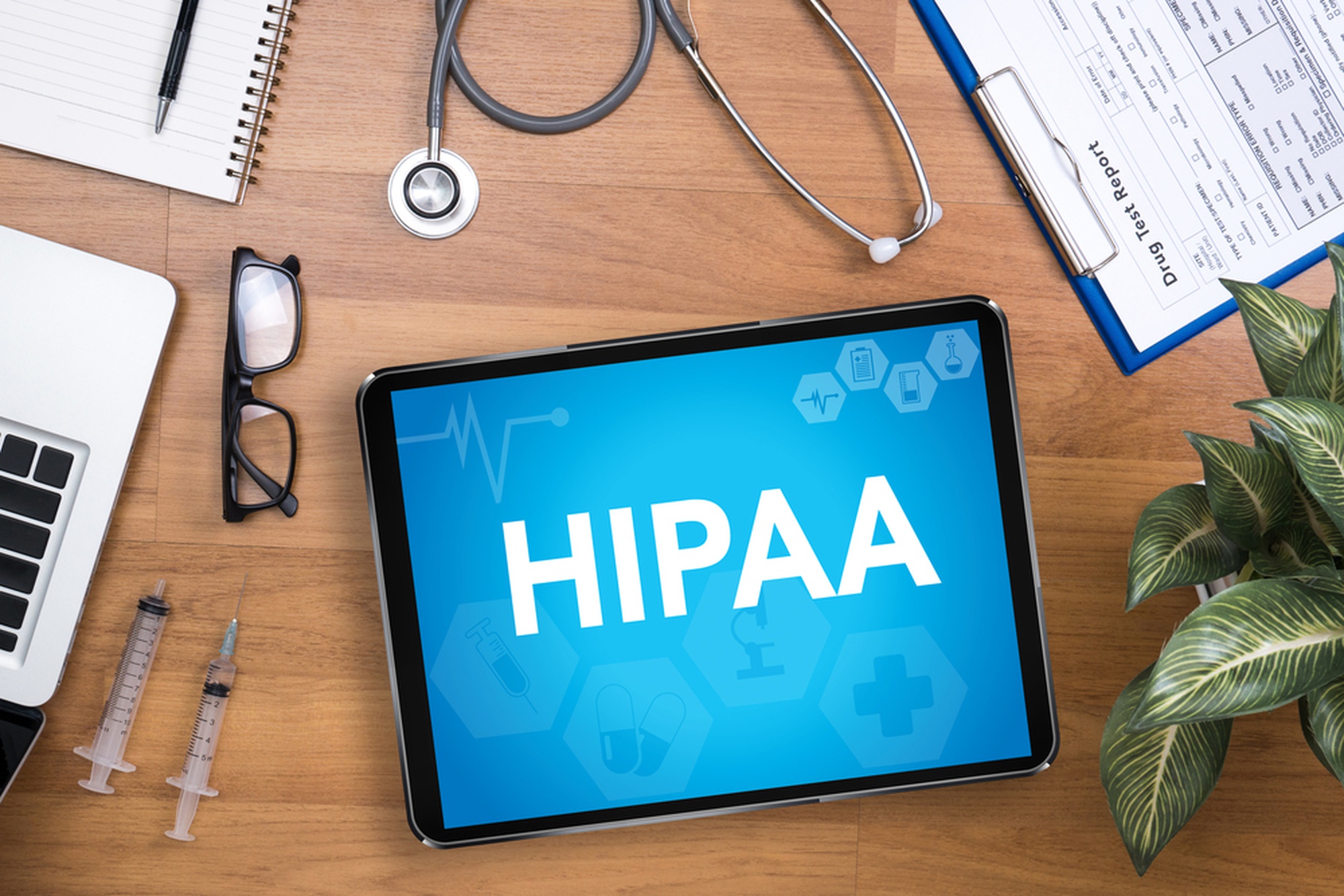HIPAA compliance is vital for healthcare providers. The federal law provides patients greater control over their privacy and assists to ensure their information is secure. It is vital to ensure any new system you create is compliant with HIPAA’s rules. Technology advances with incredible speed.

HIPAA compliance is a bit complicated especially for businesses that are trying to grasp what HIPAA signifies and what it means for the way they operate. HIPAA compliance is required for health professionals and people working in the insurance industry. It is essential to carefully go through the rules and make sure that the procedures are in place to ensure compliance. While it might seem overwhelming, compliance with the law is vital. Compliance means better service and privacy of data, which means lesser fines. Understanding the HIPAA regulations and taking appropriate steps can help companies ensure that they adhere to the guidelines required by law.
While HIPAA’s regulations are arguably rigorous, the focus on security and privacy measures is on protecting one of the most important items: information. Healthcare has been shifting to digital media such as Electronic Medical Records (EMR) and more safeguards have been required to prevent any unnecessary or unauthorized disclosure of patients’ private information. Although guidelines have been put up, compliance with these rules has to be monitored and enforced in order to ensure that individuals are protected. HIPAA is attentive to this to ensure privacy and security.
HIPAA is an important security measure for anyone working in the medical industry and patients whose information is stored. Covered entities (CEs) as well as business associates, have the option to choose whether an addressable implementation specification should be used. The decision can be made based on several aspects, such as an assessment of risks, a mitigation strategy , and security measures. It is also based on the price of implementation. CEs and BAS may think about alternative measures or choose to not implement the measure fully if they can due to their particular circumstances. HIPAA encourages them make educated decisions regarding data protection and safeguarding. This is a way of ensuring the right balance between technical and the control of users over sensitive data.
Many businesses are able to reap the benefits of HIPAA compliance. By adhering to regulations set by the Health Insurance Portability and Accountability Act (HIPAA) companies are able to safeguard the health data of their customers, clients or patients, making sure that it’s kept safe and safe. Compliance assures that the patient’s medical information is only used to benefit them personally and those of their healthcare providers. HIPAA compliance allows patients the opportunity to make informed decisions regarding the way their personal medical information is used and managed. They also get to rest assured that the information will not be available or altered by third party without their approval. Furthermore, HIPAA compliance mitigates reputational risk for businesses through making them less vulnerable to financial or legal consequences resulting from handling patient data improperly because of insufficient security measures. HIPAA compliance helps to ensure that patients receive a pleasant experience, and also better protect their personal medical records.
There are a few items to think about when thinking about HIPAA compliance. To ensure that you are in compliance, you should know the basics of the laws. Additionally, you should consult experts who can assist you to interpret the law and set up the procedures and systems. Achieving full compliance can seem difficult, but it’s vital to protect your patient’s rights as well as ensuring the privacy of their medical information.
For more information, click hitech subtitles
